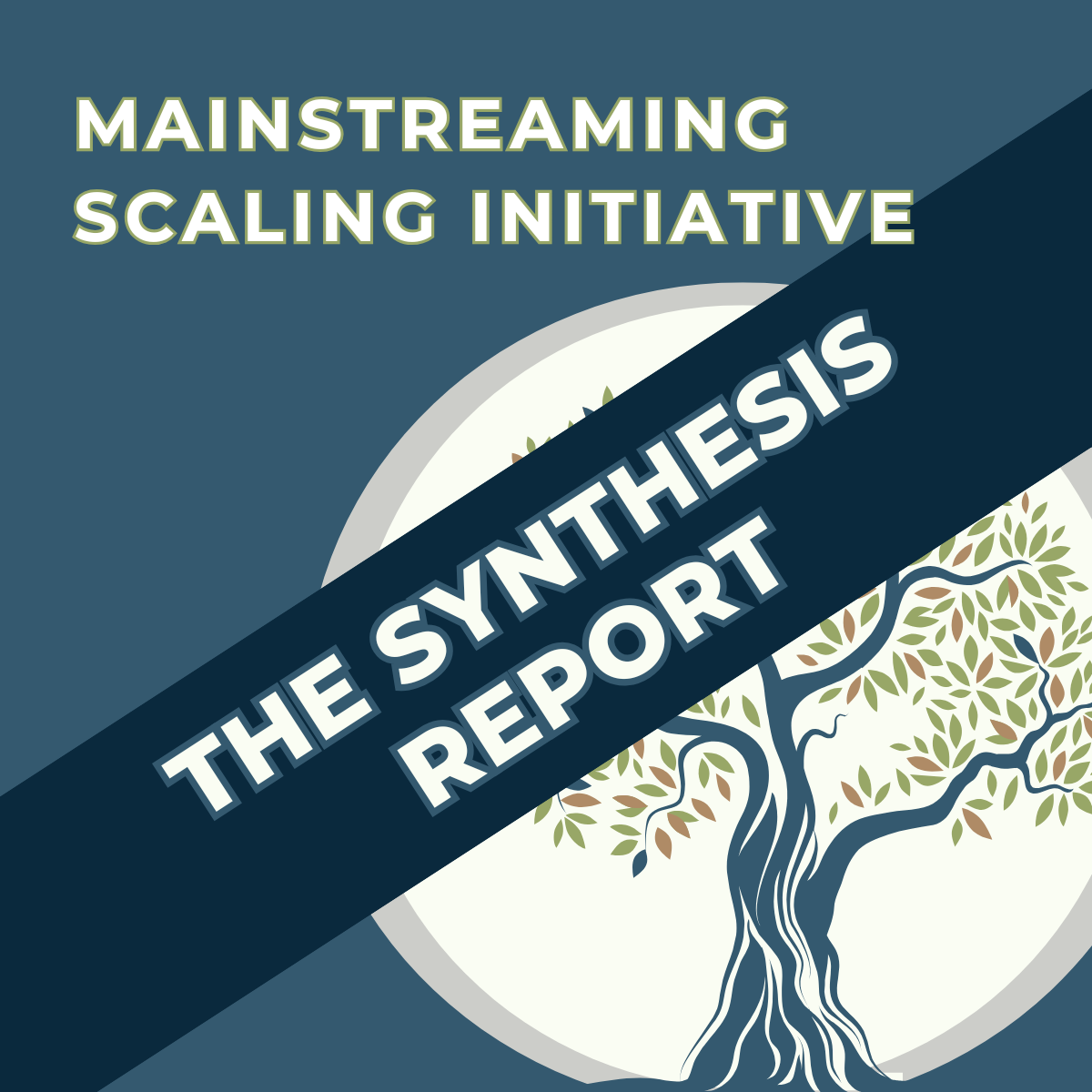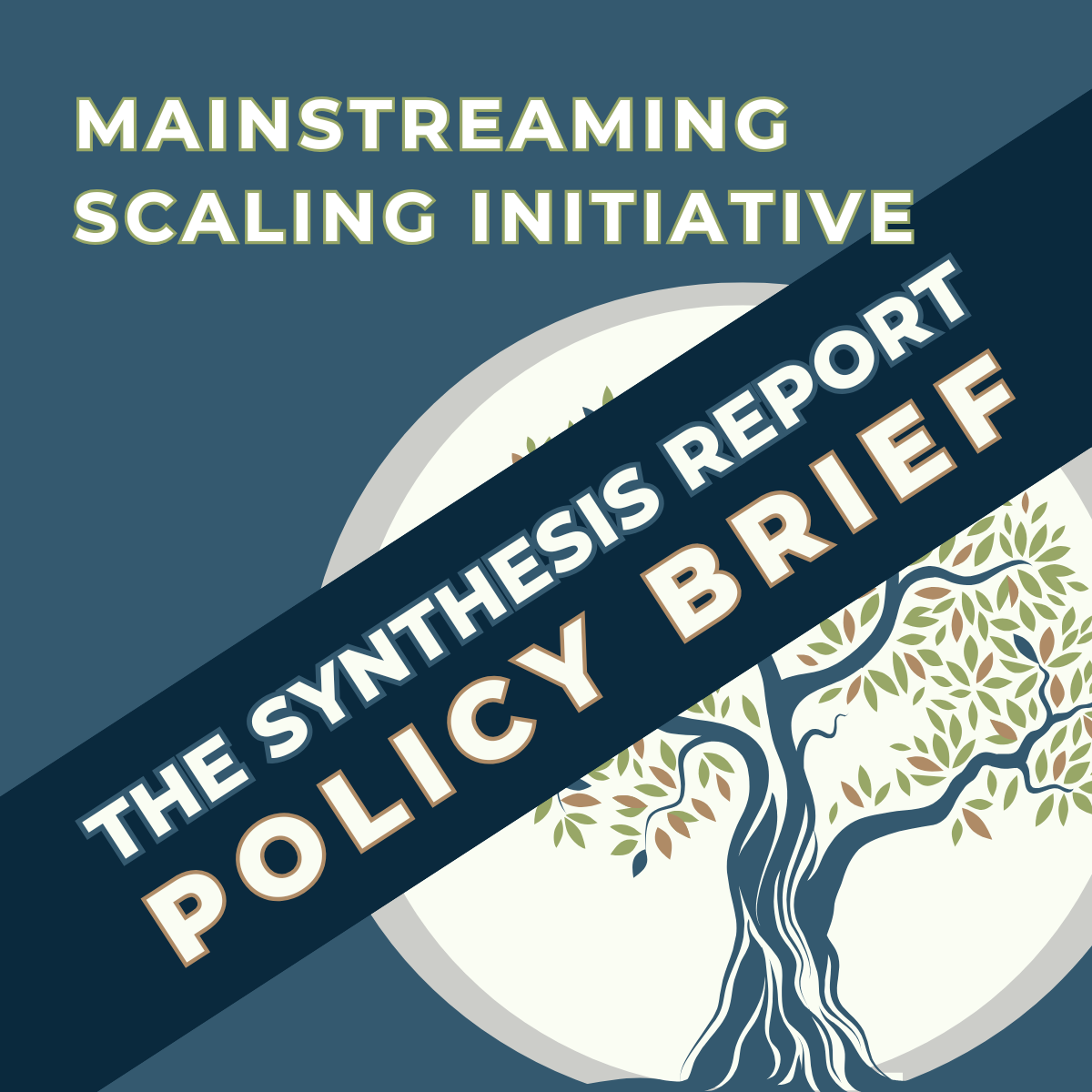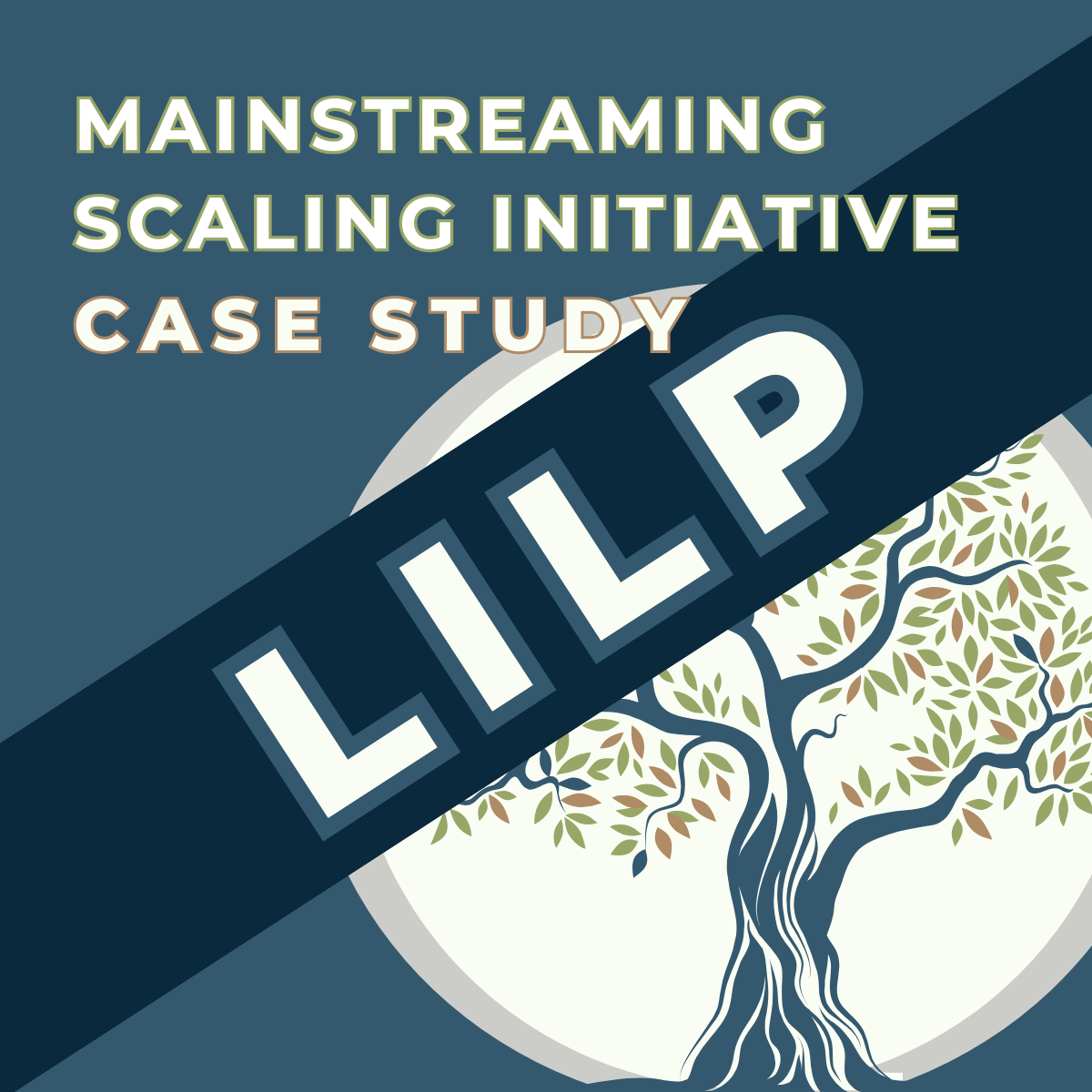The scaling of Akbar 2019, a zinc-enriched wheat variety, marks a transformational shift in Pakistan’s agricultural and nutritional landscape. Just a few years after its official release in 2019, biofortified zinc wheat now spans over 42 percent of Pakistan’s total wheat cropping area. This significant scaling success has maintained momentum, mobilizing substantial investment in the agricultural sector. In the 2024-25 cropping season, approximately 187,000 metric tons of certified zinc wheat seeds, alongside farm-saved seeds, were planted. This initiative has mobilized over USD 85 million annually in public and private sector investments in seeds, with nearly 80 percent coming from private companies. The resulting zinc-enriched wheat grain production is projected to reach around 15 million metric tons this year, accounting for over half of the country’s total wheat production, with an estimated market value exceeding USD 5 billion.
Spearheaded by HarvestPlus and its partners, the successful scaling of Akbar 2019 showcases the powerful synergy of research, innovation, public-private collaboration, and policy advocacy in driving private sector investment and combating zinc deficiency, a critical public health concern in Pakistan.
Pakistan’s malnutrition crisis costs nearly USD 3 billion in GDP annually, with zinc deficiency affecting over 60 million people, including 18 percent of children and 37 percent of pregnant women (UNICEF, 2020). With wheat being a staple food in Pakistan, accounting for 72 percent of daily caloric intake, biofortification has vast potential for large-scale nutritional and health impact.
Laying the Foundation: Partnerships and Innovation
The development and scaling of Akbar 2019 is the culmination of a decade-long partnership between HarvestPlus, the International Maize and Wheat Improvement Center (CIMMYT), and the Wheat Research Institute at Ayub Agricultural Research Institute in Faisalabad. This collaboration successfully bred zinc wheat varieties tailored to Pakistan’s agro-ecological conditions, supported by rigorous research and testing.
In this process, CIMMYT provides improved wheat germplasm, while the National Agricultural Research System oversees local testing and release of enhanced wheat varieties. HarvestPlus played a pivotal role in micronutrient enrichment, identifying and scaling zinc-enriched wheat varieties, and providing technical expertise for breeding new varieties.
Scaling Up: From Research to Farmers’ Fields
The official release of Akbar 2019 in 2019 marked a significant milestone. HarvestPlus played a pivotal role in its launch, hosting a high-profile event in Faisalabad in collaboration with Wheat Research Institute, attended by over 800 stakeholders from across the wheat value chain. This milestone was followed by strategic efforts to scale the variety, starting with investments in Early Generation Seed production and swift collaboration with public and private seed companies.
A key driver of Akbar 2019’s widespread adoption has been HarvestPlus’ capacity-strengthening initiatives, engaging over 120 seed companies. These efforts enabled them to produce and distribute certified zinc wheat seeds at scale, demonstrating resilience even in the face of challenges like the 2022 floods, when robust supply chains proved crucial.
Reaching Millions: Communication and Engagement
HarvestPlus paired its supply-side interventions with robust demand-creation strategies. Digital media campaigns and tailored messages for seed promotion reached millions of farmers and rural households with information on the availability and benefits of zinc wheat seed. Journalist training programs to create awareness among value chain actors through earned media, farmer field days, and engagement with value chain actors helped further amplify this outreach.
By integrating storytelling, digital communication tools, and community networks, the initiative fostered not just awareness but action—leading to the rapid uptake of Akbar 2019, often replacing popular but non-biofortified varieties.
Policy Impact: Integrating Zinc Wheat into Agricultural Planning
Policy engagement was another critical pillar of success. HarvestPlus collaborated closely with provincial and federal governments for the inclusion of zinc-enriched wheat seed in Punjab’s annual wheat production plan. As a result, Akbar 2019 was incorporated into government seed subsidy programs, enhancing access for smallholder farmers and reinforcing its market position.
This policy win reflects years of evidence-based advocacy and trust-building with stake holders and institutions. It also signals a growing recognition of biofortification as a cost-effective, sustainable solution to addressing malnutrition.
A Scalable Model for Nutritional Impact
The Akbar 2019 story showcases an inspiring model for scaling nutrient-enriched crops through:
- Cross-sector partnerships between research institutions, government, and the private sector;
- Strategic investments in seed systems and farmer outreach;
- Evidence-driven policy advocacy that turns innovation into institutional adoption.
- Demand creation through digital media and creating earned media opportunities through engagements with journalists
This model not only strengthens food systems but also delivers long-term, population-wide health benefits. As highlighted on PolicyBasket, this success is not isolated—it’s part of a broader movement to make biofortification a core component of food and agriculture policy.
Considering the limited product lifetime of wheat varieties, it is crucial to develop a continuous pipeline of competitive and nutritious varieties through CGIAR and NARS. This is essential for maintaining and increasing market share of nutritious wheat varieties, thereby strengthening food systems and build resilience through future scaling efforts.
Conclusion
The growth of Akbar 2019 is more than a story of a successful wheat variety—it showcases the power of innovation, inclusive partnerships, and sustained policy engagement. With millions of Pakistanis now consuming nutritious zinc-enriched wheat, this initiative is helping to nourish communities, enhance public health, and transform food systems into more resilient and nutritious ones.


